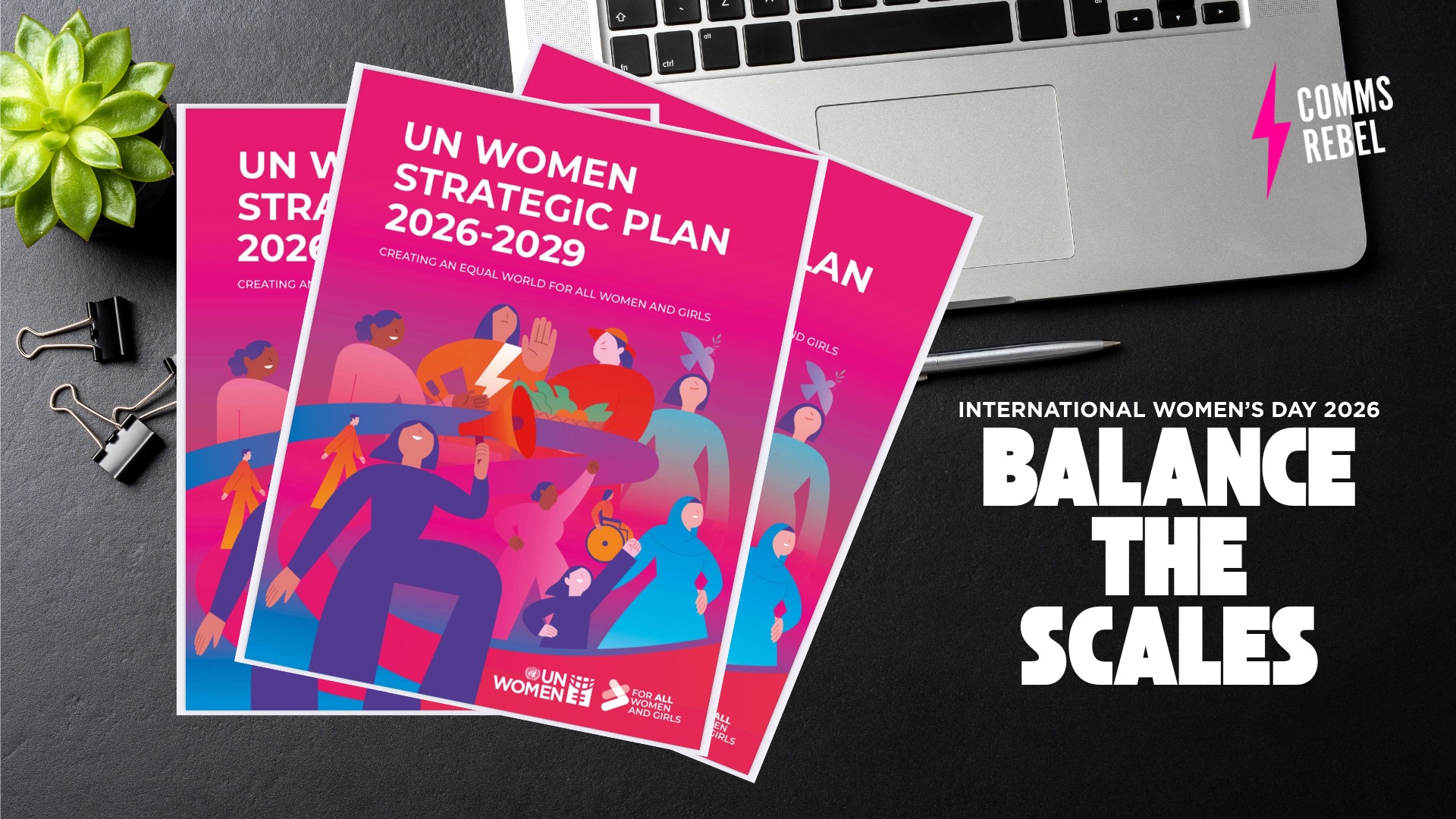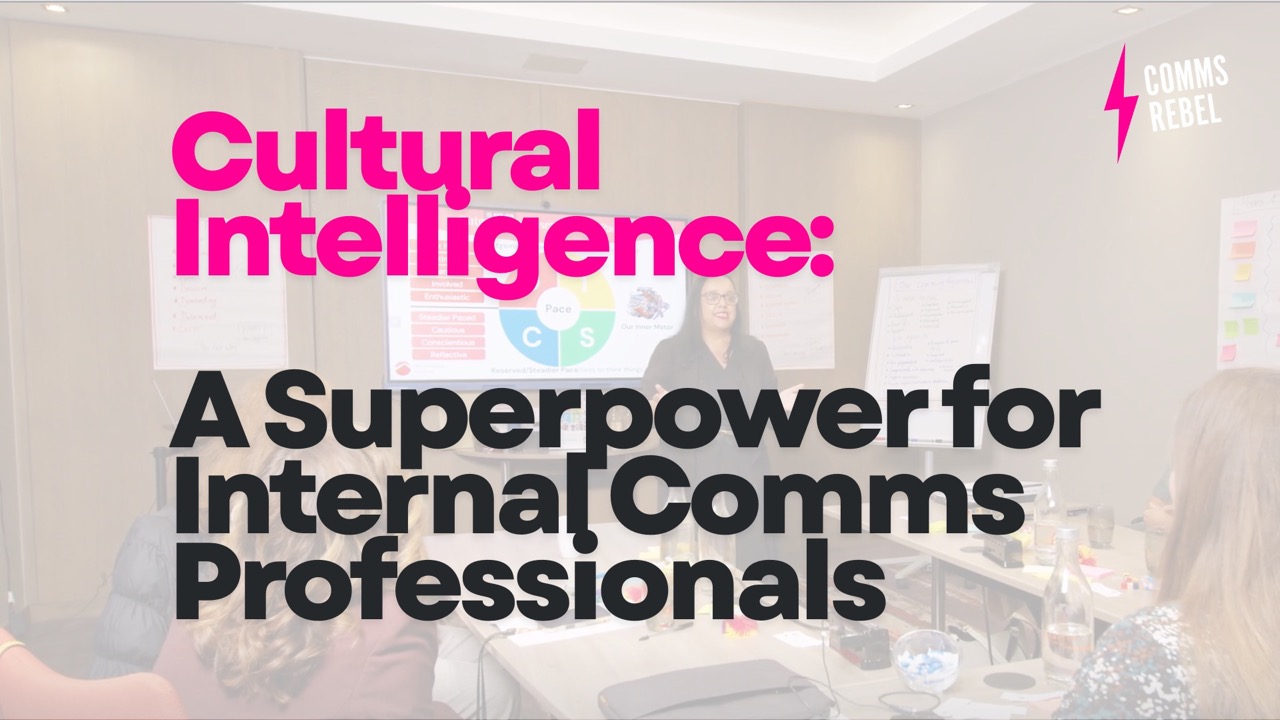I hate delivering tasks if I don’t know the ‘why’ behind them.
I talk a lot about comms bringing value to an organisation and delivering work that is meaningful. So, when somebody wants me to do something that I don’t understand the rationale behind, I have to ask them the question of “why?”
It’s a powerful word. It can start conversations and help you get right down to the core of the request as well as bringing an element of respect. But it’s also a word that can make people a bit uncomfortable especially if they are not used to being asked questions. You’ll face some defensive behaviour, resistance, the classic ‘JFDI’ and probably a look that says ‘how dare you ask me why when I’m more important than you’ which can scare many people ever asking again. But persevere! It’ll be awkward to start but it’s crucial you know the ‘why’ before you can guide / advise appropriately and more importantly avoid any mishaps.
To limit the resistance it’s important that you don’t sit in a meeting and blurt out ‘why?’ like a toddler. There are various ways to position the questioning so you can stop the awkwardness and get the information you need without coming across rude/aggressive or unhelpful.
At the end of the day you want to help people succeed, build your own reputation as a trusted advisor and do your best for the organisation. So you could start with something like: “I really want this project /campaign to be a success but it’d really help me if you could explain why we need to do this so I can make sure I’m giving you the right support.”
This sentence alone will open the two-way dialogue between you and the requester, which will hopefully lead you to a better outcome that works for everyone.
It’s also important to remember that we don’t want people to avoid talking to us. There’s a fine line from being supportive by asking the right questions to being annoying and asking unnecessary questions. I suggest that you never end on a firm no as that’s not helpful to anyone. This response will almost guarantee an exclusion from various conversations in the future and they will continue without your support.
I can almost hear some of you screaming “It’s easier said than done!” It’s true; it is easier said than done but question why it’s so difficult for you to ask the ‘“why?” – what barriers are you facing. Is it your own confidence or is it a challenging environment? Once you understand this, you can start fixing the problem.
I also know there will be times when the situation makes asking the ‘why’ difficult due to various sensitivities or issues. But in my opinion this is the most crucial time to ask this question, as that’s normally when mistakes or wrong decisions are made. Just be prepared to think quickly and have a list of other alternatives ready where possible.
If even after asking the right questions you still get push back, then remember that all we can do is advise / guide but at the end of the day it’s ultimately their choice (unless of course they are asking you to break the law or the code of ethics, then this is where you need to step back and seek some support/advice yourself).
If we are to make the right impact and show leaders the value communicators can add in the business we do need to position ourselves differently. We can’t do our job well if we don’t have proper information, insight or knowledge. If you’re delivering things and you don’t know the ‘why’ then it’s just not good enough – not only can it land you in hot water but you’ll struggle with a pointless workload, lack of respect and you’ll continue to be treated as a postbox.
We will be chatting more about the why at Changing The Conversation at this year’s CIPR Inside conference on 8 October in Birmingham. It’s aimed at those communication professionals who are looking for something a bit different. More information here: http://www.ciprinside.co.uk/changing-the-conversation-conference-programme/


